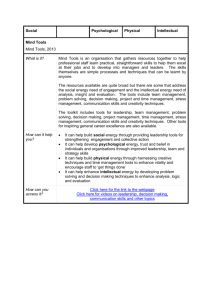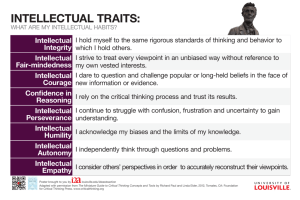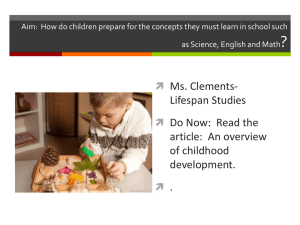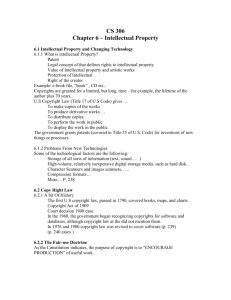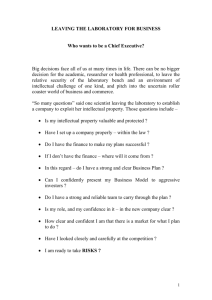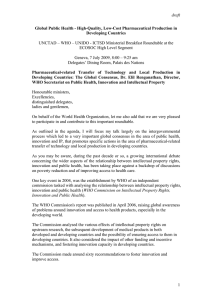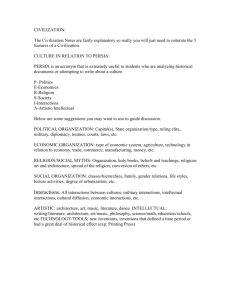Consultative: Is inclinded to seek several sources of information
advertisement
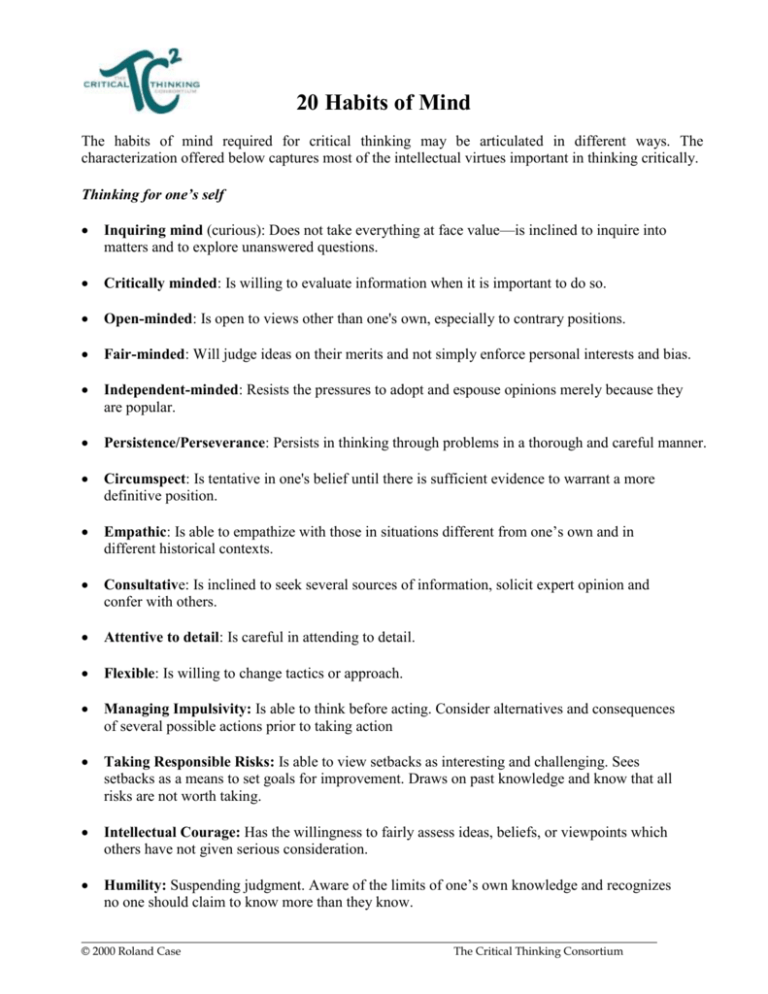
20 Habits of Mind The habits of mind required for critical thinking may be articulated in different ways. The characterization offered below captures most of the intellectual virtues important in thinking critically. Thinking for one’s self Inquiring mind (curious): Does not take everything at face value—is inclined to inquire into matters and to explore unanswered questions. Critically minded: Is willing to evaluate information when it is important to do so. Open-minded: Is open to views other than one's own, especially to contrary positions. Fair-minded: Will judge ideas on their merits and not simply enforce personal interests and bias. Independent-minded: Resists the pressures to adopt and espouse opinions merely because they are popular. Persistence/Perseverance: Persists in thinking through problems in a thorough and careful manner. Circumspect: Is tentative in one's belief until there is sufficient evidence to warrant a more definitive position. Empathic: Is able to empathize with those in situations different from one’s own and in different historical contexts. Consultative: Is inclined to seek several sources of information, solicit expert opinion and confer with others. Attentive to detail: Is careful in attending to detail. Flexible: Is willing to change tactics or approach. Managing Impulsivity: Is able to think before acting. Consider alternatives and consequences of several possible actions prior to taking action Taking Responsible Risks: Is able to view setbacks as interesting and challenging. Sees setbacks as a means to set goals for improvement. Draws on past knowledge and know that all risks are not worth taking. Intellectual Courage: Has the willingness to fairly assess ideas, beliefs, or viewpoints which others have not given serious consideration. Humility: Suspending judgment. Aware of the limits of one’s own knowledge and recognizes no one should claim to know more than they know. © 2000 Roland Case The Critical Thinking Consortium Intellectual Integrity: Is true to one’s own thinking and is consistent in the intellectual standards they apply. Thinking About Our Thinking: Is able to reflect on and evaluate the quality of one’s own thinking skills and strategies. Is aware of one’s own actions and the effect of those actions on self, others and the environment. Learning Continuously: Are in a continuous learning mode. Welcomes new learning and experiences. Demonstrates intellectual curiosity. Thinking with others Respectful: Is willing to engage respectfully in discussion with others. Constructive: Is willing to take and give constructive feedback. Inclusive: Seeks to include all participants. Accommodating: Is willing to compromise and to adjust thinking and behaviour to the situation. © 2000 Roland Case The Critical Thinking Consortium


